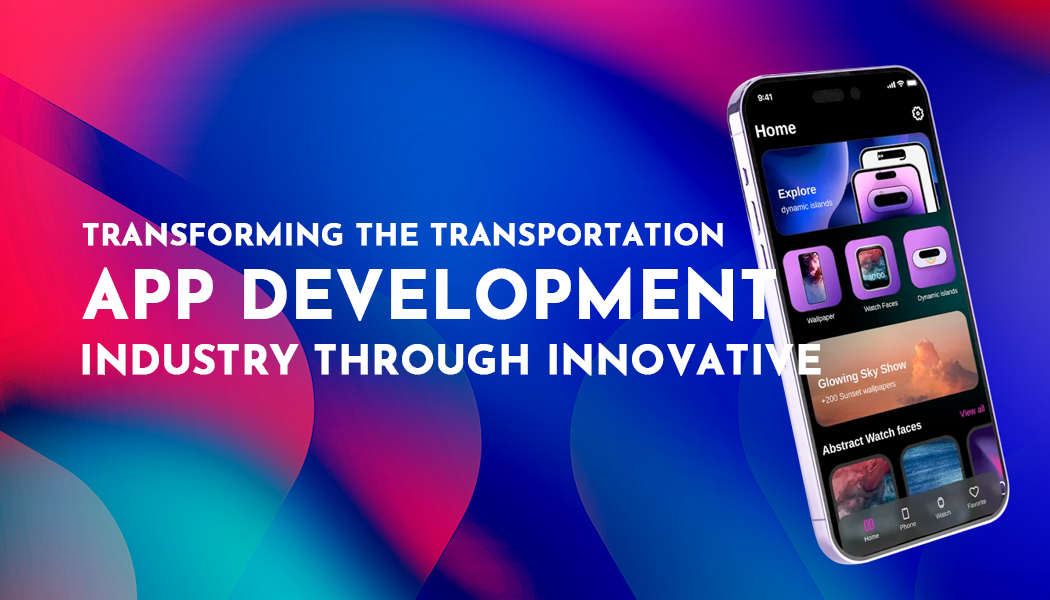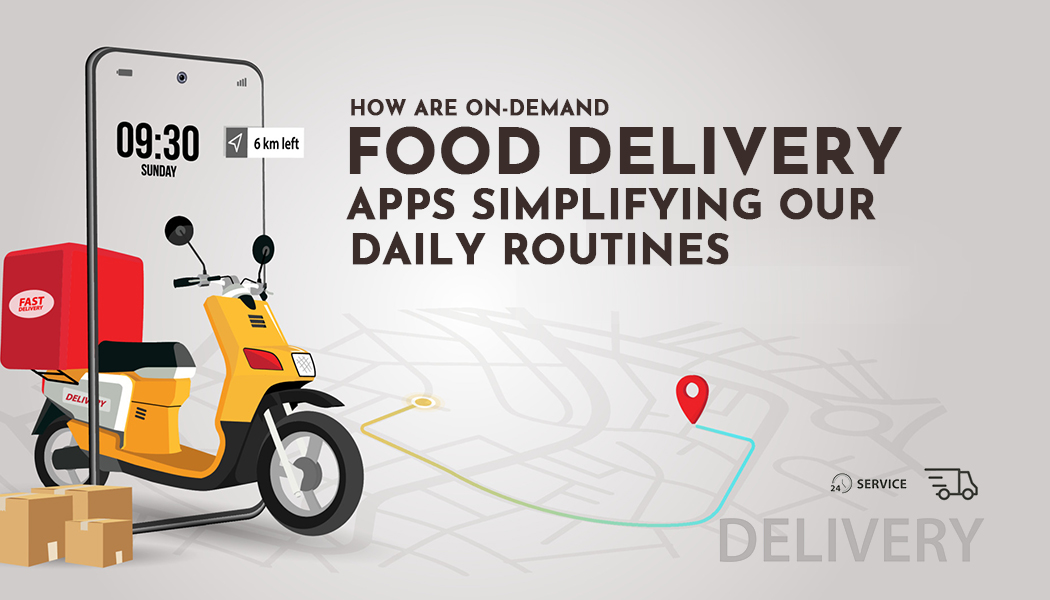Transforming the Transportation Industry through Innovative App Development
Introduction
The transportation industry has witnessed a remarkable revolution in recent years, largely driven by technological advancements. Among the pivotal driving forces of this transformation is the emergence of transportation app development companies. These companies have redefined how people navigate, commute, and connect within urban and rural settings. In this article, we will explore the significance of transportation app development and its role in reshaping the industry.
The Emergence of Transportation Apps
The proliferation of smartphones and mobile applications has brought about a fundamental shift in the transportation sector. Transportation apps have seamlessly integrated into the daily routines of millions, offering solutions that streamline and simplify the way individuals move from one location to another. These apps provide real-time updates about routes, traffic conditions, public transportation schedules, and more, accessible with a mere touch.
Key Advantages of Transportation Apps
Transportation apps provide a range of benefits that have redefined urban mobility:
Real-time Information: Transportation apps offer real-time updates, providing users with instant information about traffic congestion, road closures, and public transit delays. This empowers commuters to make well-informed decisions regarding routes and travel plans.
Efficient Navigation: These apps have transformed navigation by providing turn-by-turn directions and suggesting alternative routes. This not only reduces travel times but also minimizes the frustrations associated with getting lost.
Multimodal Connectivity: Many transportation app development companies have integrated various transportation modes, such as buses, trains, ride-sharing services, and bike-sharing networks. This promotes a shift towards more sustainable and flexible travel options.
Payment Integration: Transportation apps seamlessly integrate payment options, making fare payments convenient. Users can buy tickets or pay for rides digitally, eliminating the need for physical currency.
Environmental Impact: The increased adoption of transportation apps can contribute to reduced traffic congestion and carbon emissions. By encouraging shared rides and efficient routes, these apps play a role in creating a greener environment.
Pioneering Innovation in Transportation App Development
At the forefront of transportation app development is Lomray Software, a trailblazing company that has played a pivotal role in shaping the industry. With a commitment to innovation and user-centric design, this company introduced a range of groundbreaking apps that have redefined how people perceive and utilize transportation.
A notable feature of their apps is their emphasis on customization. Acknowledging that different commuters have unique preferences and requirements, the company's apps offer personalized route recommendations, transportation modes, and even travel times. This personalized approach enhances user experience and fosters sustained app engagement.
Furthermore, the company has been a trailblazer in integrating emerging technologies into transportation apps. From predictive analytics that anticipate traffic patterns to AI-driven chatbots that provide real-time assistance, the company consistently pushes the boundaries of what transportation apps can achieve.
Conclusion
The transportation industry stands on the brink of a technological revolution, primarily fueled by the development of transportation apps. These apps have not only transformed travel habits but also have the potential to reshape urban infrastructure and promote environmental sustainability. In this transformative journey, the company has emerged as a driving force, embodying innovation and excellence in transportation app development. Looking ahead, the partnership between technology and transportation will continue to redefine the scope of urban mobility.




